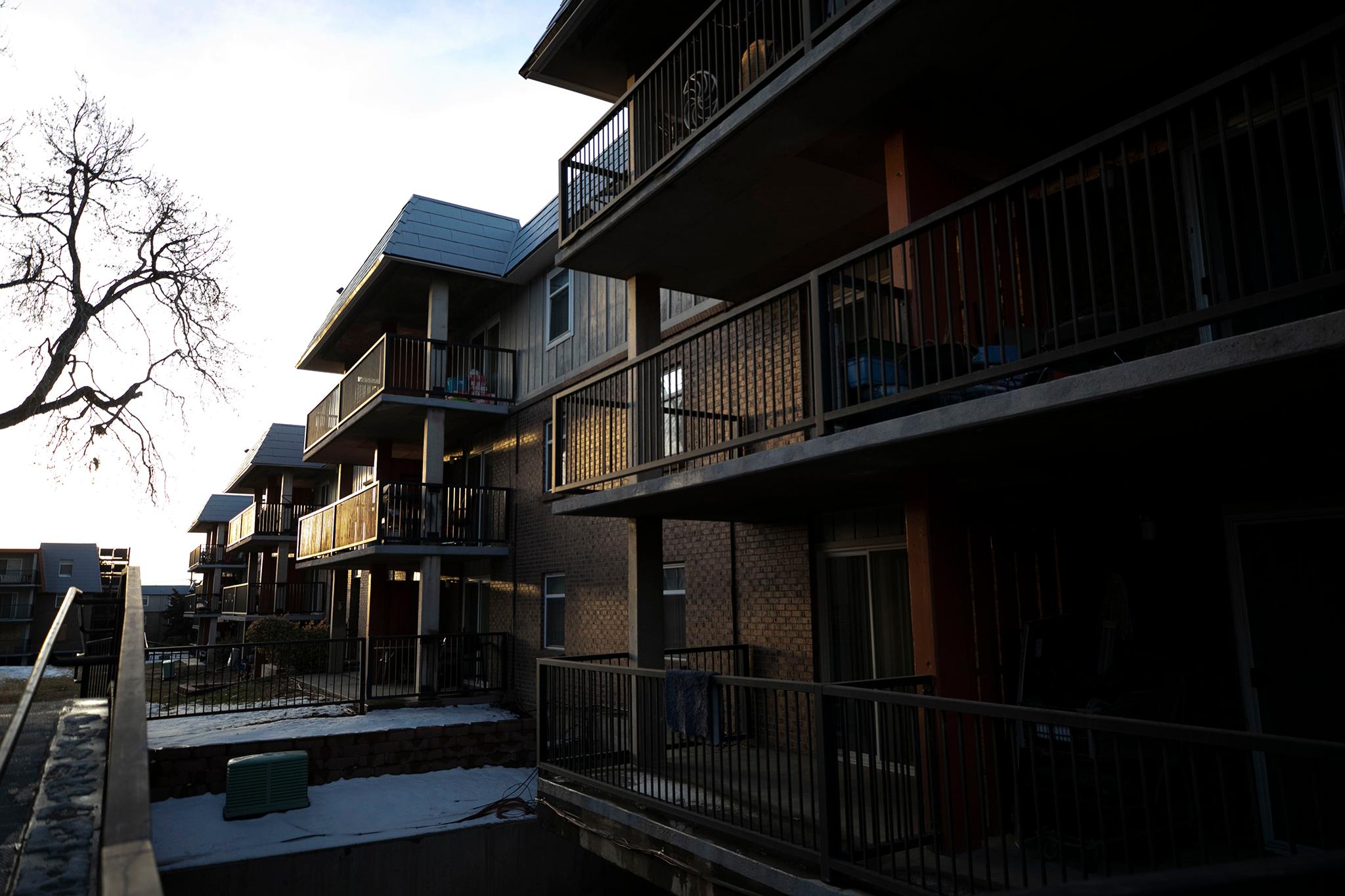Landlords, beware. If you haven't secured a license for your multi-unit property, the City of Denver is sending out notices of violations and soon will be waging fines.
The landlord licensing program was established to ensure that landlords kept their buildings up to code and in safe and healthy condition. The registry also allows the city to track how many rental properties are on the market.
The roll-out of the program has been slow, and many landlords held off on securing a license, despite being eligible to start applying since March 2022.
To date, the city has issued 2,822 licenses. There are approximately 25,000 multi-unit properties in the city that need to be licensed.
If that City Council estimate of multiunit rentals in Denver is accurate, the city has an "estimated licensing compliance rate for residential rentals of 11%," said Eric Escudero, a spokesperson for Excise and Licenses Office.
As of Thursday, the Department of Excise and Licenses has sent out 145 notices of violation to multi-unit landlords. More will be sent out soon.
The first round of notices are being delivered to property owners who have received public health complaints.
"Enforcement action, including citations and fines, is considered a last resort of the city," said Excise and Licenses Executive Director Molly Duplechian, in a statement.
She says the law has been in effect for nearly three months. The department has engaged in extensive outreach campaigns, and it's time people comply.
Fines start at $150 but can go up to $999 if citations are ignored.
Here's how the program works.
To apply, landlords must receive a third-party inspection to ensure the property meets minimal health and safety standards. There are 37 companies and inspectors to choose from, who are all equipped with a checklist of what is required.
Licenses are valid for four years, unless there is a change in ownership, in which case a new inspection and license is required.
"Our hope is that landlords and property management companies who receive communication from the city about unlawful operations will take immediate action to get an inspection and apply for a license, so we can complete our mission of ensuring minimal housing standards are met for rental properties across Denver," noted Duplechian.
Landlords renting out single-unit properties must secure a license before Jan. 1, 2024.
"The city recognizes it is going to take time to get the licensing compliance rate to a high level as people continue to learn about the licensing requirement, make necessary improvements to properties that don't have minimal housing standards and for enforcement to identify and contact all unlawfully operating landlords in the city," said Escudero.
More information about the program can be found here.










